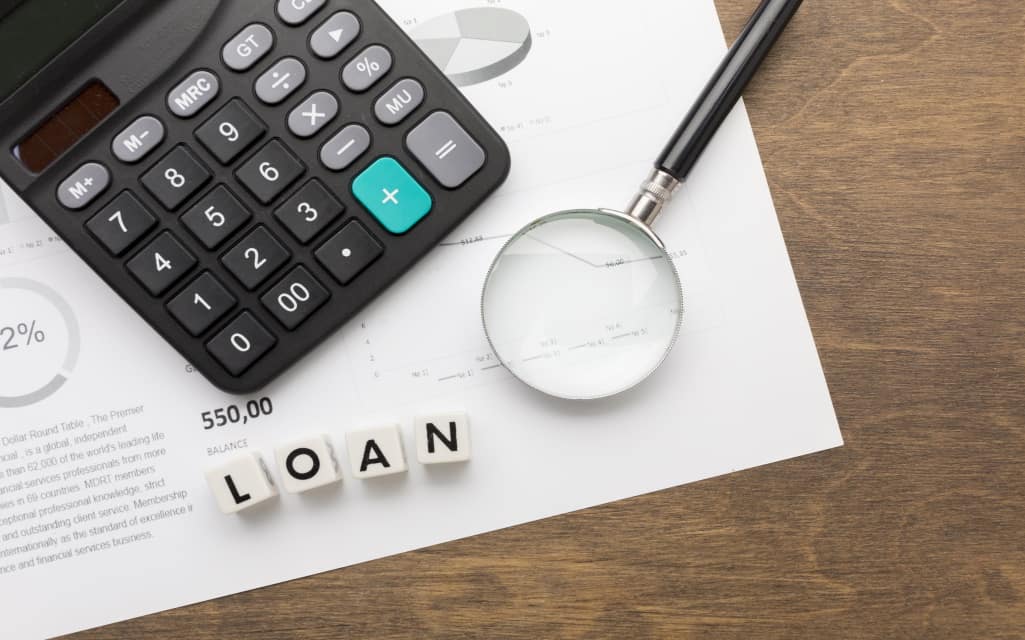Sometimes when things go wrong, we can find ourselves in an unexpected situation. Not knowing how you’re going to pay for an urgent expense can be a worry and have a negative impact on our mental health. Being aware of ways you can handle your finances in a crisis is important, whether that’s saving a little bit of money each month for the future or looking at loans to help you in an emergency. There is a range of different loans that are designed to help when you need it most, such as payday loans, short-term loans, and 24/7 loans. When used correctly, these loans can be used to fall back on should you find yourself in a financial pinch. When thinking about taking out a loan, there are requirements that you must be aware of before you go ahead, we’ll explore them below.
1. Credit score and history
When taking out a short-term loan such as a payday loan or bad credit score loan, often the lender does not need to look at your credit history because this is what the loans are designed for. These loans are simply based on if the lender thinks you will be able to afford to pay them back with your salary at the end of the month or over a fixed period. Larger loans such as mortgages will require research into your past credit history and report. If you have a bad credit score, your options for a loan like a mortgage would be limited.
2. Income verification
When opting to take out a loan, lenders will need verification that you are able to pay it back. Documents such as bank statements and proof of employment may be required when applying for a loan through a lender or broker. As payday loans are based on you being able to repay them over a certain number of months, it is important that the lender knows your exact income so that they can approve the loan.
3. Application forms
Applying for a loan requires filling out an application form. Being as accurate and as up to date with the information that you’re providing will help to get the funds into your account as quickly as possible. Being precise and proofreading the forms you are filling in will help to make sure the funds are available for you when you need them.
4. Monthly repayments
When thinking about applying for a loan, you should calculate whether you will be able to repay them. Double-checking with your lender on the time frame of these repayments and possible interest that may occur is a must before you apply.
5. Soft and hard credit checks (FCA)
It is illegal for lenders to carry out no credit check loans as this goes against the FCA rules made to protect customers. Soft checks are carried out to ensure repayments can be made and won’t affect your credit score.



